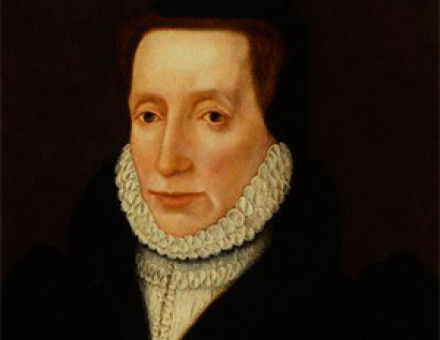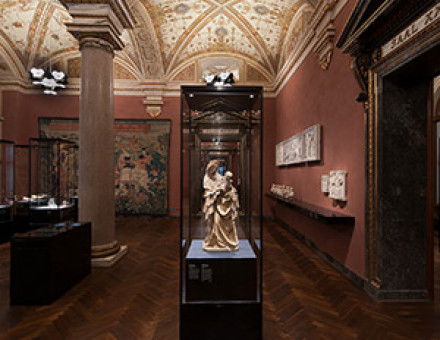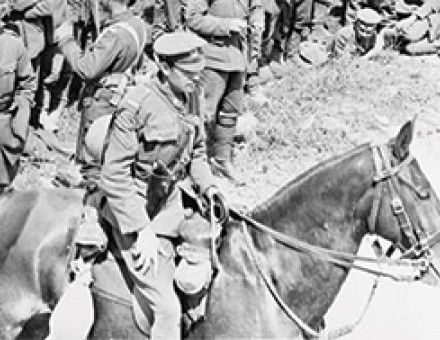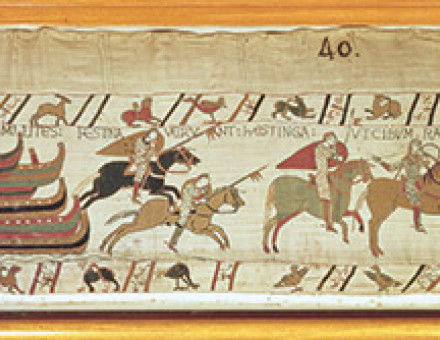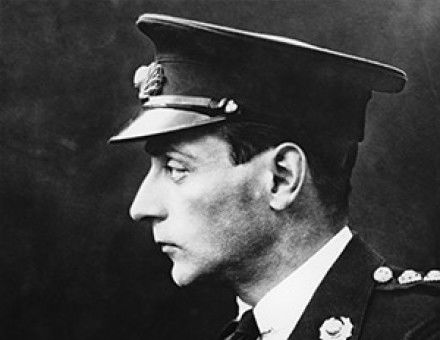Governors-General of India, Part II: Dalhousie
S. Gopal describes how, in the course of eight years, Dalhousie greatly extended the territories of the East India Company. Today his memory is respected by Indians not as one of the builders of the British Empire but as one of the architects of the Indian Republic.



